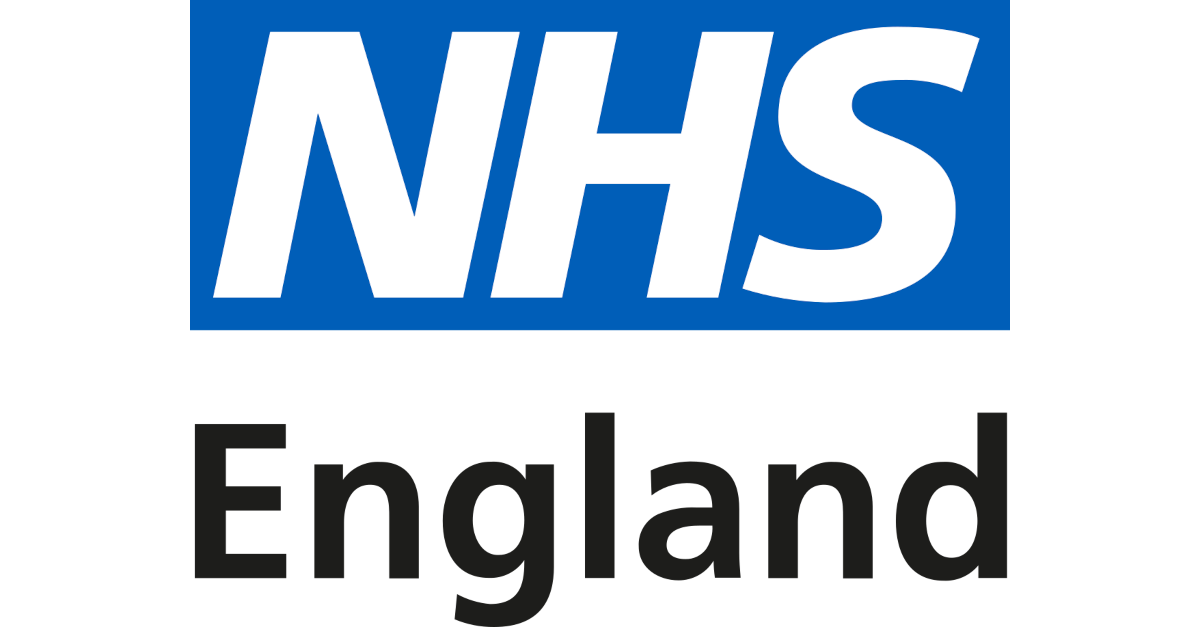Thousands more people across England are to benefit from routine HIV testing in A&Es this year, thanks to the extension of a major NHS public health initiative.
Under a new expansion plan, 30 more A&Es will start testing for the infectious disease in hospital emergency departments (ED) via the revolutionary NHS Blood Borne Virus Opt-out Testing programme (BBV).
The expansion means 89 major hospital emergency departments will routinely test anyone who has their blood taken in an ED located in English towns and cities with a high rate of HIV prevalence.
Health leaders expect the expanded network of A&E sites will enable up to 1,900 more cases of newly identified HIV or previously diagnosed cases not linked to care to be identified each year by the NHS.
Latest NHS data shows, over seven million tests have been carried out, finding over 7,300 cases of newly diagnosed Blood Borne Viruses. Including over 1,000 new diagnoses of HIV, over 4,600 new diagnoses of Hepatitis B and over 1,600 new diagnoses of Hepatitis C via the BBV programme between April 2022- January 2025.
Data also shows this testing linked to care almost 500 cases of HIV and Hepatitis C previously diagnosed but not in care, and linked to care over 3,000 cases of hepatitis B either newly identified or previously diagnosed but not in care via the BBV programme.
Amanda Pritchard, NHS chief executive said: “Our expansion of this revolutionary opt-out testing is really important– it means thousands more cases of HIV and Hepatitis B and C could be detected that may otherwise not get picked up.
“Increasing the early detection and diagnoses of HIV and other blood borne viruses, enables the NHS to provide people with better access to the latest and most effective life-saving medication, which can prevent long-term health issues and reduce the chance of unknown transmissions to others.
“Beyond the emergency department testing programme, there are a range of ways to get tested by the NHS if you are concerned, including doing simple tests at home, so we urge anyone who could be living with HIV or hepatitis C to get checked.”
NHS leaders are investing £27 million to support the programme’s expansion this year. The NHS previously invested £20 million to implement routine HIV opt out testing within 34 hospital EDs in 2022.
Under the programme, people visiting an ED are offered a discreet test which screens for the HIV, Hepatitis B and Hepatitis C viruses when full bloods are taken. If the test comes back positive for the HIV, Hepatitis B or Hepatitis C viruses, the person is offered specialist support and a treatment plan is put in place for them.
The programme has been more likely to find people with HIV who live in the most deprived areas, and people of Black African ethnicity, a community which bears a disproportionate burden of HIV and late diagnosis.
One person who has already benefited from NHS BBV programme is Sean Connaughton, who is 57 years old. Having experienced a period of prolonged illness. Sean was in A&E following a seizure and was offered a routine opt out test for blood borne viruses; and diagnosed with HIV in May 2024.
Sean, said: “HIV is no longer a death sentence, but if left undiagnosed, it can be mistaken for one.
“I wasn’t shocked when I received my diagnosis. Lucy, the nurse from the clinic broke the news to me in a way that made it seem okay. The professionalism and lack of judgement set me up to believe that I’ve got this and I can come out the other side. I wasn’t stressed or anxious. I was in a numb mental state as my health had deteriorated rapidly, and I was in desperate need of answers.”
Upon receiving a diagnosis, Sean was hospitalised for nearly a month and over two stays. His treatment team took regular blood tests to monitor the infection via an HIV viral load test which detects the levels of the virus in the blood; and a CD4 lymphocyte cell count measuring how the HIV has affected the immune system. Sean was also provided with antiretroviral medication which stopped the virus replicating in his body, enabling the immune system to repair itself and prevent further damage.
Sean, said: “The community nurses were very helpful and treated me as an individual. They asked: ‘how are you and how can we support you?’
“My whole experience with the NHS has been great. In hospital, once my throat infection had cleared up, I could eat again. Then I was provided with a hot meal. This was the most poignant moment in my hospital stay.
“Ultimately, I’d be dead if it wasn’t for the NHS, and I am forever grateful to the staff that provided me with the immediate healthcare, the community-based support and the hot meal”.
During National HIV Testing Week this week, anyone in England can also order a free HIV test from www.freetesting.hiv to do at home.
Public Health and Prevention Minister, Ashley Dalton, said:“Increasing HIV testing is a vital step towards meeting our goal and will be a core element of our new HIV action plan published later this year.
“That’s why we are investing over £4.5 million to deliver a national prevention programme.
“And that’s why on 11 February, I announced that we will extend the programme for a further year to March 2026, backed by an extra £1.5 million.”


